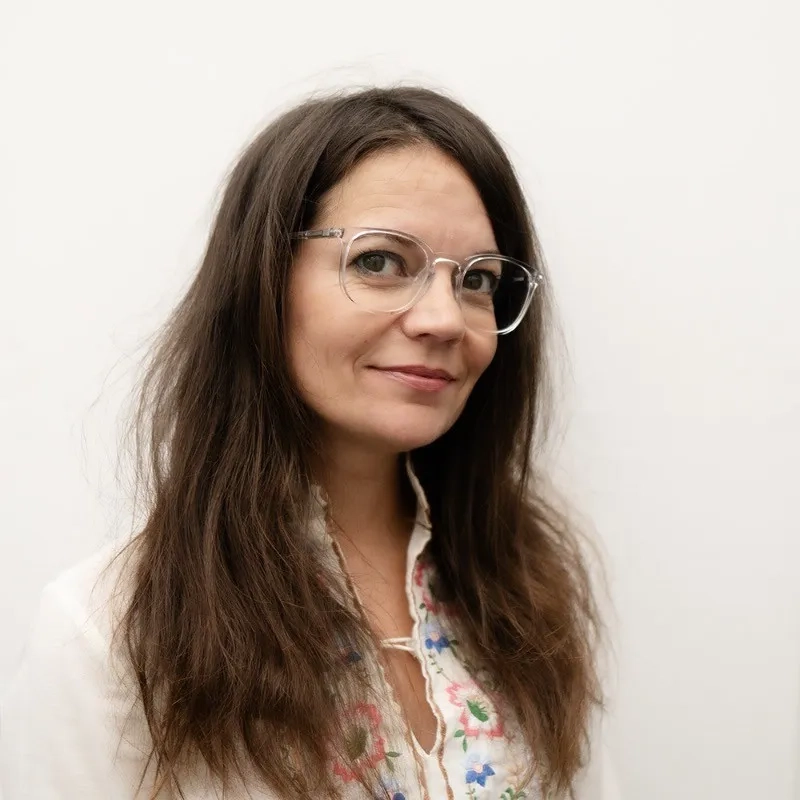Can clean energy be inclusive of women’s rights?
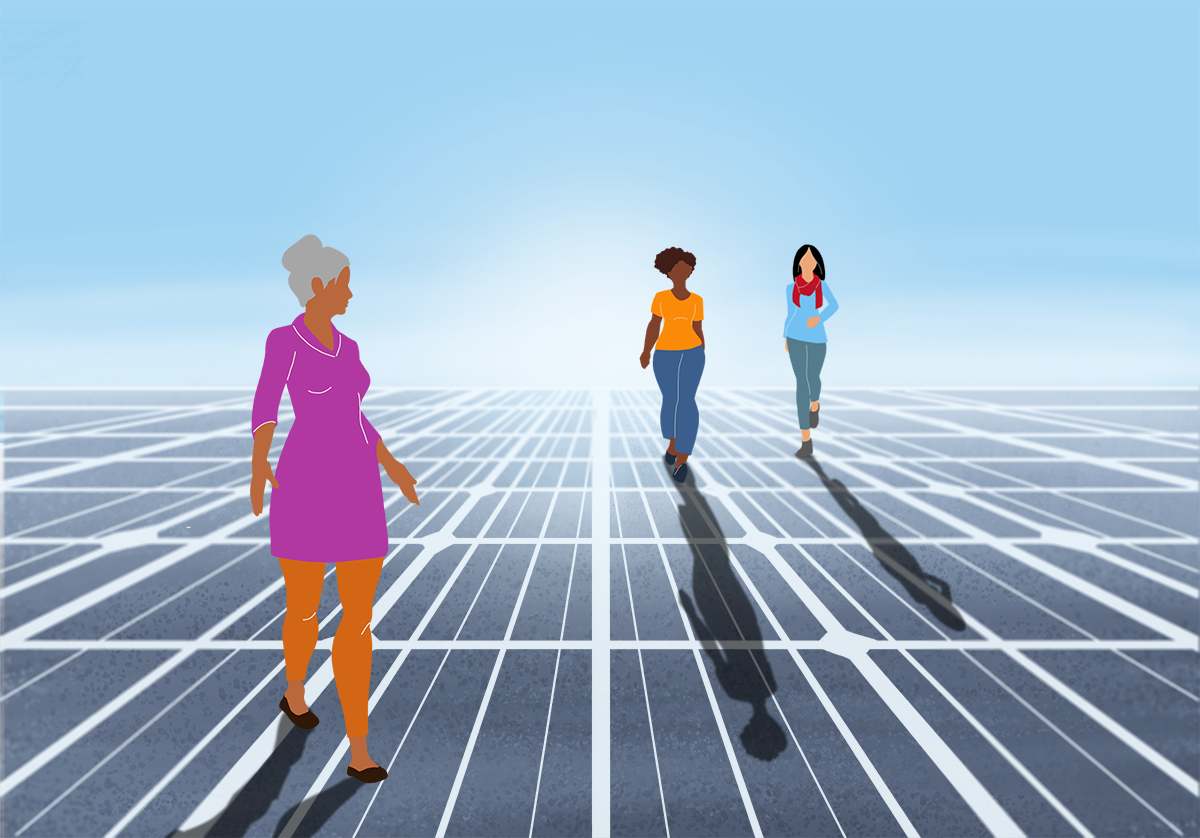
Men have often held the power of fire, water and now, electricity and fuel. And around the world, women are too frequently left out of these conversations, although a significant part of their lives revolves around activities that would benefit from energy effectiveness.
Energy gives us warmth and cooling. It gives us ways to move faster between two points, access water and sanitation easily, and improve education, just to name a few. And energy should be available for all, equally.
On International Women’s Day 2023, this post highlights research from teams at the Smith School of Enterprise and Environment whose work explores the intersection of energy and gender.
Micro grids & water pumps
When it comes to clean off-grid energy in East Africa, inclusive practices to set up clean energy resources empower women to not only keep their businesses, but to manage those resources effectively for their communities.
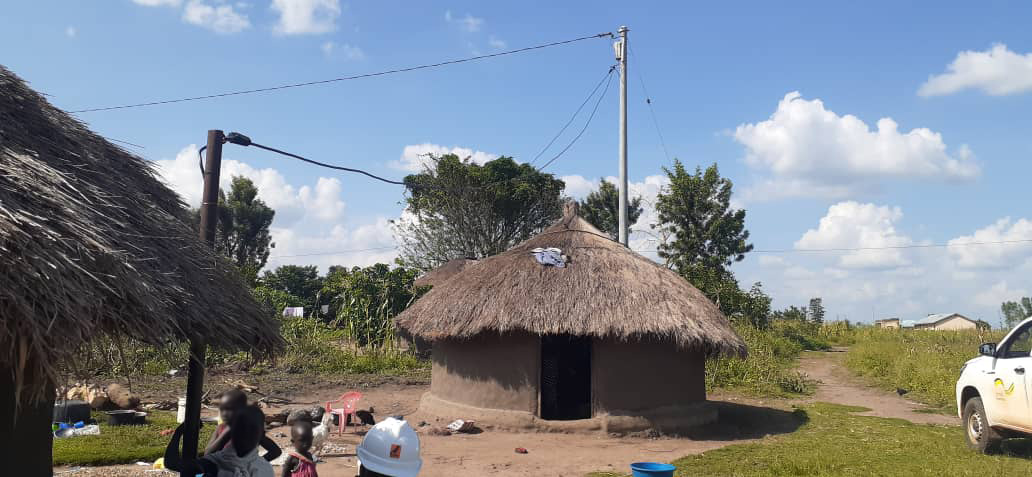
According to Smith School PhD student, Tonny Kukeera,
In one of the communities, an island, where a mini-grid energy company set up, there were women groups involved in fish drying. The groups used to dry fish on the sand. The energy company introduced an electric powered fish drying equipment.
But to ensure inclusivity, the company decided that the women groups owned 45% of the earnings and the company 55%. This was even institutionalized in the contractual obligations. The move ensured that the coming of electricity in the community did not push women out of business, but rather ensured their involvement in the productive value chains on the island.
This kind of collaboration between communities and energy providers can help women maintain livelihoods and embrace the introduction of clean energy, and may help shift the balance and reduce the gender gap in developing countries.
Solar powered water pumps are also making a difference in women’s and children’s lives. Research shows that women in sub-Saharan Africa and Asia lose millions of hours collecting water, suggesting that solar powered water pumps, closer to their homes, would have enormous benefit. This technology can help store water and make it available for a range of purposes - not only for the community but also for schools and health centres.
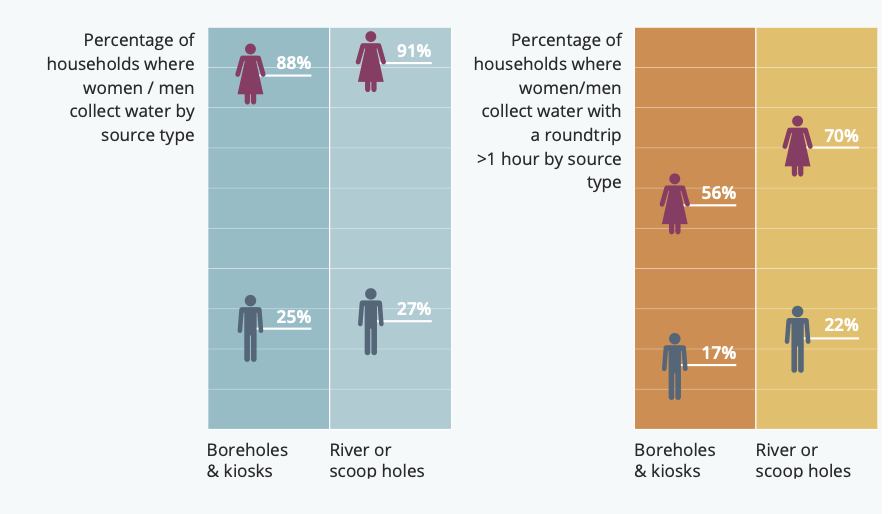
Cooling solutions
In some communities, women have been purposely excluded from conversations around energy effectiveness and appliance purchase.
The rising temperatures due to climate change bring an increased need for cooling. Research conducted in Delhi, India by Dr Radhika Khosla, showed that the decision to buy a cooling appliance (ACs, fans or coolers) is typically made by the head of the household, usually the male, who is middle-aged and employed. The decision may include the couple’s children, but the wife is excluded from this process although women are generally the ones that spend the most time at home.
Dr Radhika Khosla says
Women are often still not central to decision making around the purchase and use of energy consuming everyday appliances. Moving towards demand-side solutions for energy consumption requires much more research on understanding and supporting the role of women in cooling energy decisions and in their awareness of energy efficiency and its multiple benefits.
Moreover, the same research showed that women are generally less aware of energy policies or efficiency.
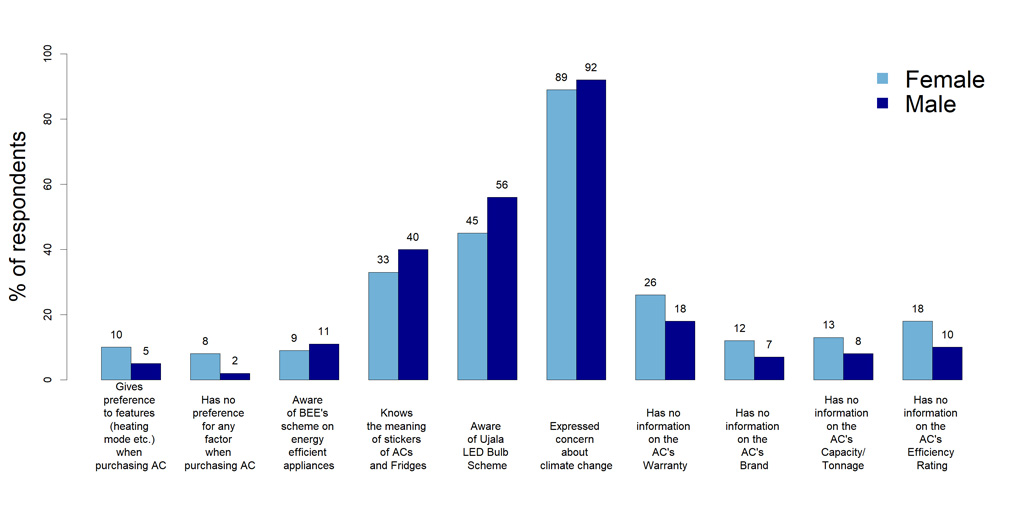
Fuel and transport
In some Indigenous villages in the Brazilian Amazon it is nearly impossible for women to have access to mobility independence – in other words, to move around freely. Men hold the monopoly of motorised boats and fuel, keeping women bound to specific gendered spaces and roles like house duties.
Research shows that men drive the narrative to keep absolute control of these resources, including the knowledge to orient themselves through the river, either by saying women would just waste fuel, or by reinforcing ancient stories like the “Legend of Boto” as locals call it: the pink river dolphin said to enchant, seduce and kidnap women if they try and cross the river on their own.

However, Dr Antonella Mazzone shares the story of two women who crossed this barrier: the chief of the tribe, as she got funding for fuel and was donated a motorised boat, which she now uses quite regularly to attend council meetings and help other villages. She dismisses the Boto by saying, “Boto’s only interested in younger women!” Another woman used a canoe to take her daughter to the hospital by herself and although she was afraid of the Boto, she was terrified of losing her daughter.
Dr Antonella Mazzone says
Women in the visited villages have shown an incredible courage to try and challenge their assigned gender spaces and roles. Being able to travel independently means so much for many women who seek to get out of isolation and reach their relatives in towns nearby and live what they believe could be a better life. Importantly, access to resources also makes a difference for their personal safety, as some want to run situations of abuse and domestic violence.
Moving ahead
The first industrial revolution happened when women’s rights were just kindling.
In this climate-led new industrial revolution, we must include women in all conversations from the start.

